How Long Do Windows Last?
Posted
on June 1, 2020
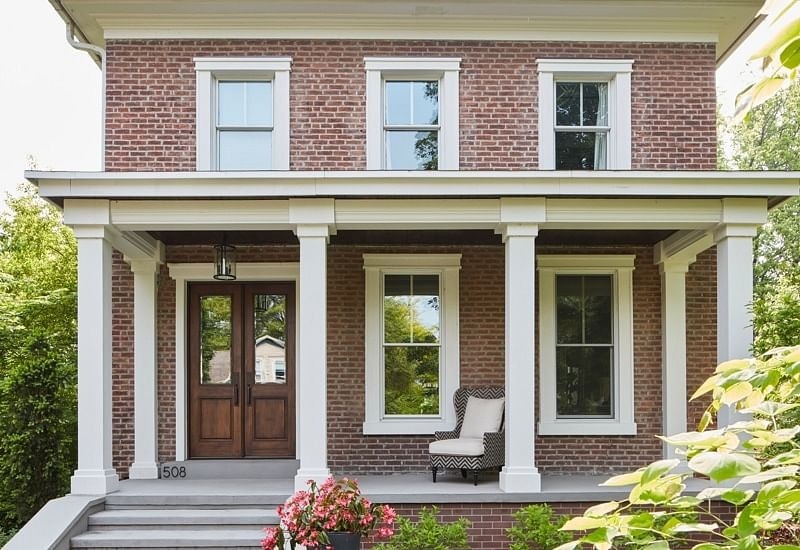
4 Factors That Affect the Life Expectancy of Windows
Nothing in your home lasts forever, and windows are no exception. The life expectancy of your windows can vary depending on a number of factors. Each factor could be the sole reason for window replacement. Or it could be a combination of contributing factors that limit the lifespan of your windows.
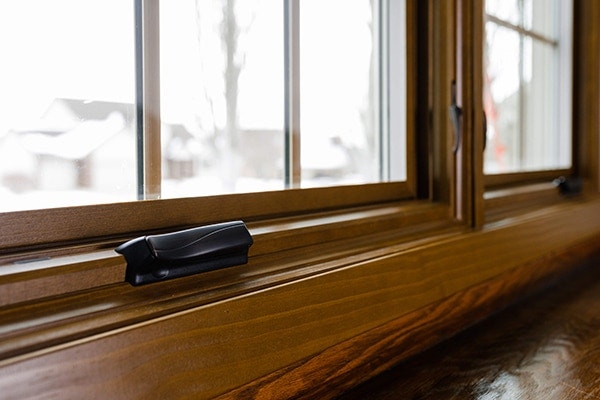
Colonial Style Homes
1. Quality and Type of Window Materials
Each window material offers a different level of necessary maintenance and care. Without proper care and routine maintenance, window life expectancy can be greatly reduced. But when properly maintained, quality, crafted wood, fiberglass and vinyl windows can all last for years.
- Wood windows – It takes extra effort on your part, but wood windows are known for their longevity. It’s the reason you see so many original wood windows on century homes in your neighborhood. By investing your time into proper window care, you’re investing in the lifespan of wood windows.
- Fiberglass windows – A low-maintenance material with a similar aesthetic to wood, fiberglass offers exceptional strength and durability, even in extreme heat and cold. And aside from regular cleanings and inspections, there’s little else you need to do to preserve their appearance and energy efficiency.
- Vinyl windows – Cost doesn’t always mean a loss of quality. Vinyl windows are more affordable than wood or fiberglass but are built withnon-corrosive compounds to provide strength against warping from weather changes.
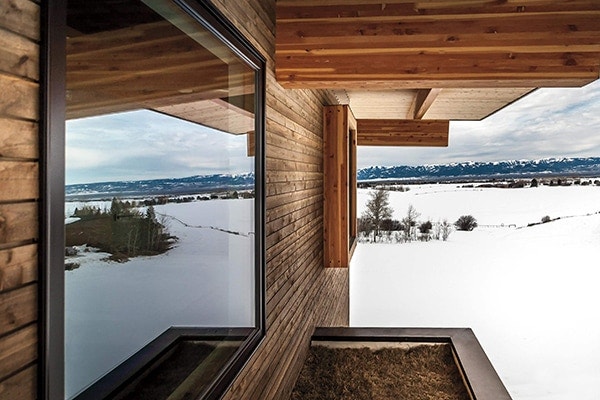
2. Local Climate and Weather Events
Windows are designed for durability but harsh climates can cause them to deteriorate faster. Storm or hail damage can send you searching for a replacement, no matter the age of the window. If you live in a location that experiences these climate conditions, the performance and lifespan of your windows may be affected:
- Extreme heat and cold – Extreme temperatures and frequent temperature swings can cause windows to warp, shift or change shape.
- Salt spray – Salt is corrosive. The salty air coming off the ocean settles on your windows and can deteriorate window exteriors over time.
- Sunlight – The UV rays from sunlight cause wear. Windows with prolonged exposure to direct sunlight wear away faster. So the windows on the side of the house that faces the sun may need to be replaced sooner than windows that get more shade.
- Moisture – Climates with high humidity or precipitation mean there’s more moisture on your windows. Excess moisture can cause discoloration, cracked paint or finish and warping in the frame or trim.
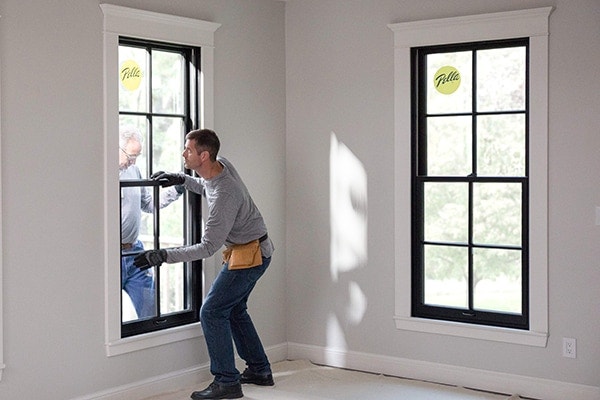
3. Poor or Improper Window Installation
The long-term health of your windows starts on day one. Proper window installation helps ensure the products fit correctly and are put in following manufacturer recommendations. Both of these set your windows up for peak performance and longevity.
Installed properly, a window seals out the elements and is more energy-efficient. It prevents water from seeping into the components and causing damage. And the window fits just right so that it’s less likely to move and shift over the years.
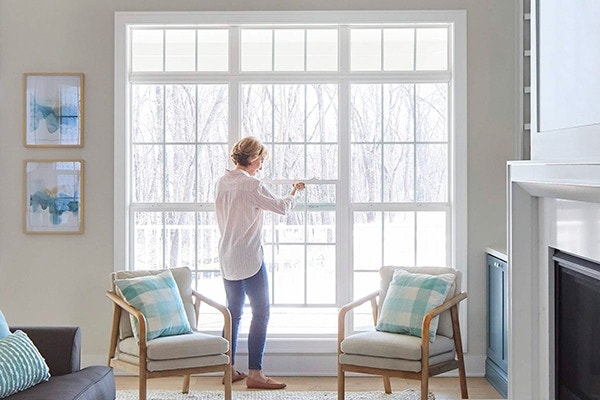
4. Window Usage
Most window styles are designed to function. You can open and close them as needed by sliding a sash or turning a crank.
Like putting miles on a car or hours on a lawn mower, windows — and the components that help them function — naturally show a little wear just from normal operation. If you rely on certain windows more to catch a breeze or open up your home, they may wear more quickly than windows you rarely open.
Many usage-related issues can be repaired. If a sash sticks, a pane doesn’t close properly or a crank breaks, you may be able to replace or repair the broken parts and keep the window for years to come. Other times, it’s more economical to replace a broken window.
How to Know When It’s Time to Replace Windows
Estimating how long your windows will last isn’t easy. There’s a lot more to consider than just the age of your windows. And if you’re not the first owner of your home, you may not even know how old the windows are.
It’s normal to want to make the most out of a previous investment or squeeze every last day out of your existing windows to delay a major home improvement project. But if your windows are showing obvious signs of aging — weather damage, drafty seals, reduced efficiency or condensation — it may be time to start the window replacement process. Because damage to even a single window can open up other parts of your home to damage as well.
When in doubt, take the guesswork out and get an expert opinion. A window professional can look at your windows and help determine if you just need some maintenance or repairs or a replacement is warranted.
By starting over with new windows, you can ensure your windows are correctly installed and cared for so that they maintain their appearance and performance for years.
Schedule a free consultation to find windows and doors for your home.
